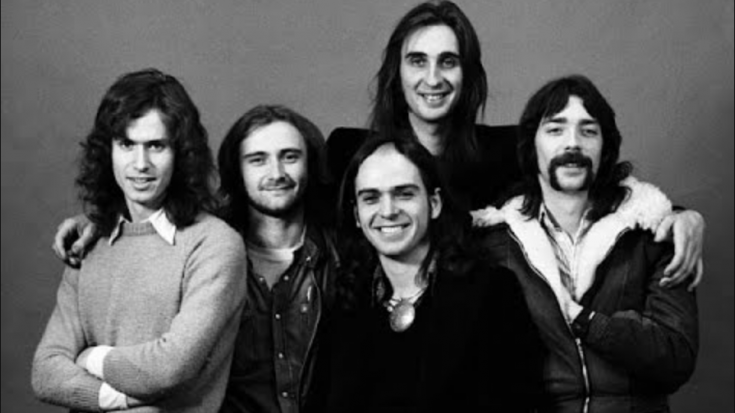5 Classic Rock Bands That Were Better Before They Got Famous

via Tony Marccano / YouTube
Rock music has a rich history of bands that started from humble beginnings and rose to international stardom. Over the years, fans have debated endlessly about the peak periods of their favorite groups. Often, it’s argued that several bands had a raw, unrefined energy in their early days that somehow got lost in the sheen of fame and fortune. Here are five classic rock bands that many believe were at their best before mainstream success polished their rough edges.
1. The Doors
Before they became rock legends and household names, The Doors were known for their dark, poetic lyrics and mesmerizing organ-driven sound. Their debut album is widely regarded as a cornerstone of rock music, introducing the world to a blend of rock, blues, and jazz that was unlike anything else at the time. Jim Morrison’s intense performances and unconventional persona added an air of mystery that captivated the underground music scene.
As the band gained fame, many fans felt that their subsequent albums lacked the raw, edgy quality that defined their early work. While still commercially successful, the latter records did not always carry the same pioneering spirit. There was a noticeable shift toward a more mainstream rock sound, possibly influenced by external pressures and Morrison’s worsening personal problems. Some long-time fans argue this era marked a departure from the experimental virtues that originally made the band iconic.
2. Metallica
Metallica’s early thrash metal albums were aggressive, fast, and furious. They were a formidable force in the underground metal scene. Records like “Kill ‘Em All” and “Ride the Lightning” demonstrated a band with a sharp edge and a raw sound that redefined the genre.
However, as they grew into a household name, many avid followers felt that Metallica’s sound became more refined and less harsh. This transition, particularly evident with the release of their self-titled album, known as the Black Album, marked a shift to slower tempos and more melodic elements that didn’t sit well with fans who preferred the more aggressive, speed-laden tracks of their early days.
3. The Rolling Stones
The Rolling Stones started as part of the British invasion, bringing bluesy, gritty rock and roll into the forefront. Their music had an authentic, unpolished quality that set them apart. Classic albums like “Beggars Banquet” and “Let It Bleed” were filled with raw guitar riffs and a rebellious attitude that defined rock music.
As time went on, the Stones evolved from their blues-rock roots into a more mainstream rock band, losing some of the rough charm that had so strongly defined them. With the gloss of global fame, some fans feel that their music lost a touch of the raw emotion and the authentic vibe that made them stand out in their earlier years.
4. U2
U2 began as a passionate post-punk band from Ireland with socially and politically charged lyrics. Albums like “Boy” and “War” were filled with youthful energy and a raw sound that captured the attention of listeners worldwide. Their music was authentic and it felt like they were speaking from the heart.
As U2’s fame skyrocketed, their style transitioned into a more anthemic rock that leaned heavily on production. Their later albums, such as “Achtung Baby,” although innovative, carried a different spirit that some early fans found to be a departure from the honest and direct sound of their first recordings.
5. Genesis
Genesis was originally known for their complex song structures and imaginative storytelling through music. In their early days with Peter Gabriel, they were leaders in the progressive rock scene. Albums like “Foxtrot” and “The Lamb Lies Down on Broadway” are often hailed as masterpieces for their artistic depth and intricacy.
When Phil Collins took over as lead vocalist, the band gradually shifted towards a more commercial pop-rock sound. This era brought them significant fame and radio hits but moved away from the elaborate compositions that many of the earliest supporters had fallen in love with. The transition made fans of their progressive roots reminisce about the band’s avant-garde days when they challenged the norms of rock music.


















